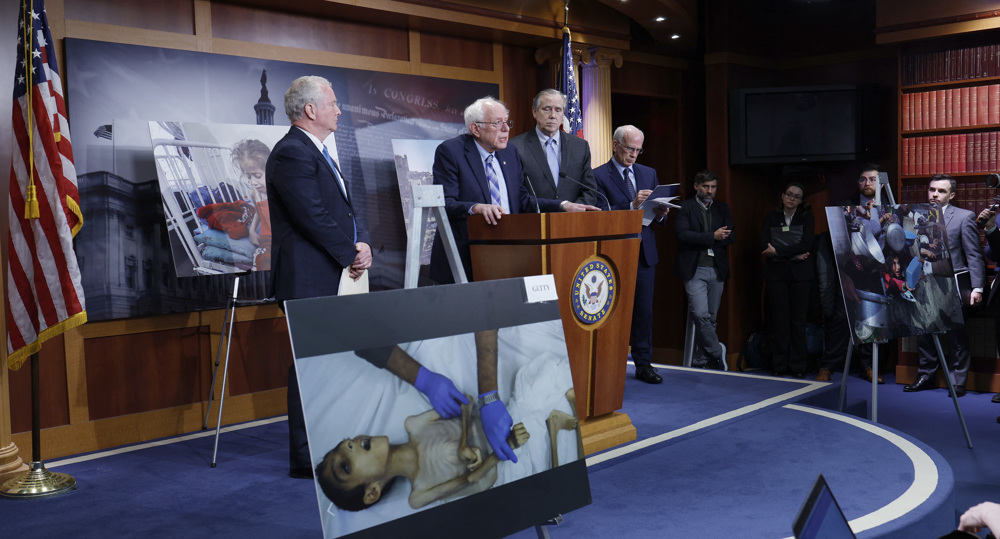House speaker says US, Israel key partners in war on terror
Speaker of the US House of Representatives Paul Ryan led a bipartisan delegation of members of Congress to the Israeli Knesset, stressing that the alliance between Tel Aviv and Washington is “more important than ever.”
During his first official visit abroad as the House speaker, Ryan met with Knesset speaker Yuli Edelstein on Monday and said the United States will work “shoulder to shoulder” with Israel to counter their common threats.
“I wanted to come to Israel first to emphasize how important the US commitment to Israel and strong friendship with Israel is to us,” the Republican of Wisconsin said.
“Especially against the shared security threats of ISIS (Daesh) and Iran, this friendship is even more important than in the past,” he continued.
The speaker reassured his Israeli counterpart that the US Congress would rigorously push back against any boycott efforts against Israel.
Upon arriving in the occupied territories, Ryan tweeted that, “as long as I am speaker, I will not allow any legislation that divides #Israel & America to come to the House floor.”
The American delegation also met with Prime Minister Benjamin Netanyahu and “expressed strong support for Israel,” the premier’s office said in a short statement on Monday.
In an interview with the Times of Israel on Sunday, Ryan said Palestinian “terrorism” directed against Israelis was no different than the terror wreaking havoc in Europe.
“They’re coming at Israel but they’re ultimately coming for us,” he said. “So we are partners in this war on terror.”
“Israel is an indispensable ally in that. Israel is on the frontline in so many ways with respects to it,” the speaker continued.

The visit comes as Ryan’s home state of Wisconsin is gearing up for its crucial presidential primary on Tuesday.
Strong congressional support for Israel has played a crucial role in Israel receiving benefits not available to any other ally.
Israel is the largest cumulative recipient of US foreign assistance since World War II.
US military aid to Israel has amounted to more than $124.3 billion since it began in 1962, according to a US congressional report, released late last year.
VIDEO | Former FBI agent criticizes US Congress for 'outright corruption'
IRGC chief urges Muslim countries to cut aid routes to Israel
'New chapter in cooperation': Iran, Venezuela sing new MoUs
Jordan sentences former lawmaker for supporting Palestinian resistance
Basij volunteer forces hold massive drills in southwestern Iran
Israeli war criminals 'not welcome', US city says after ICC ruling
US vetoing of Gaza ceasefire resolution ‘disgraceful’: Iran’s UN envoy
VIDEO | IAEA adopts anti-Iran resolution tabled by E3










 This makes it easy to access the Press TV website
This makes it easy to access the Press TV website